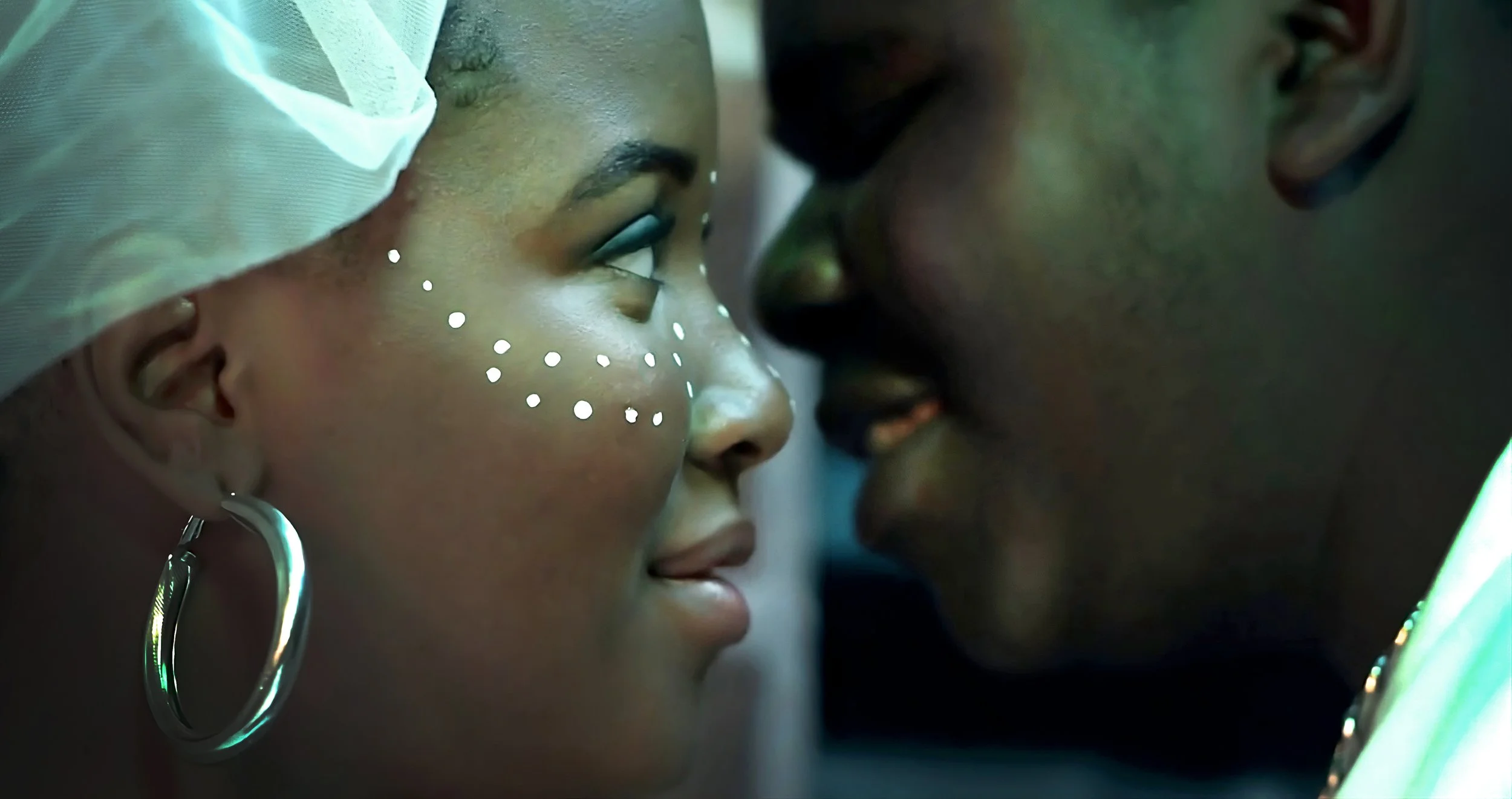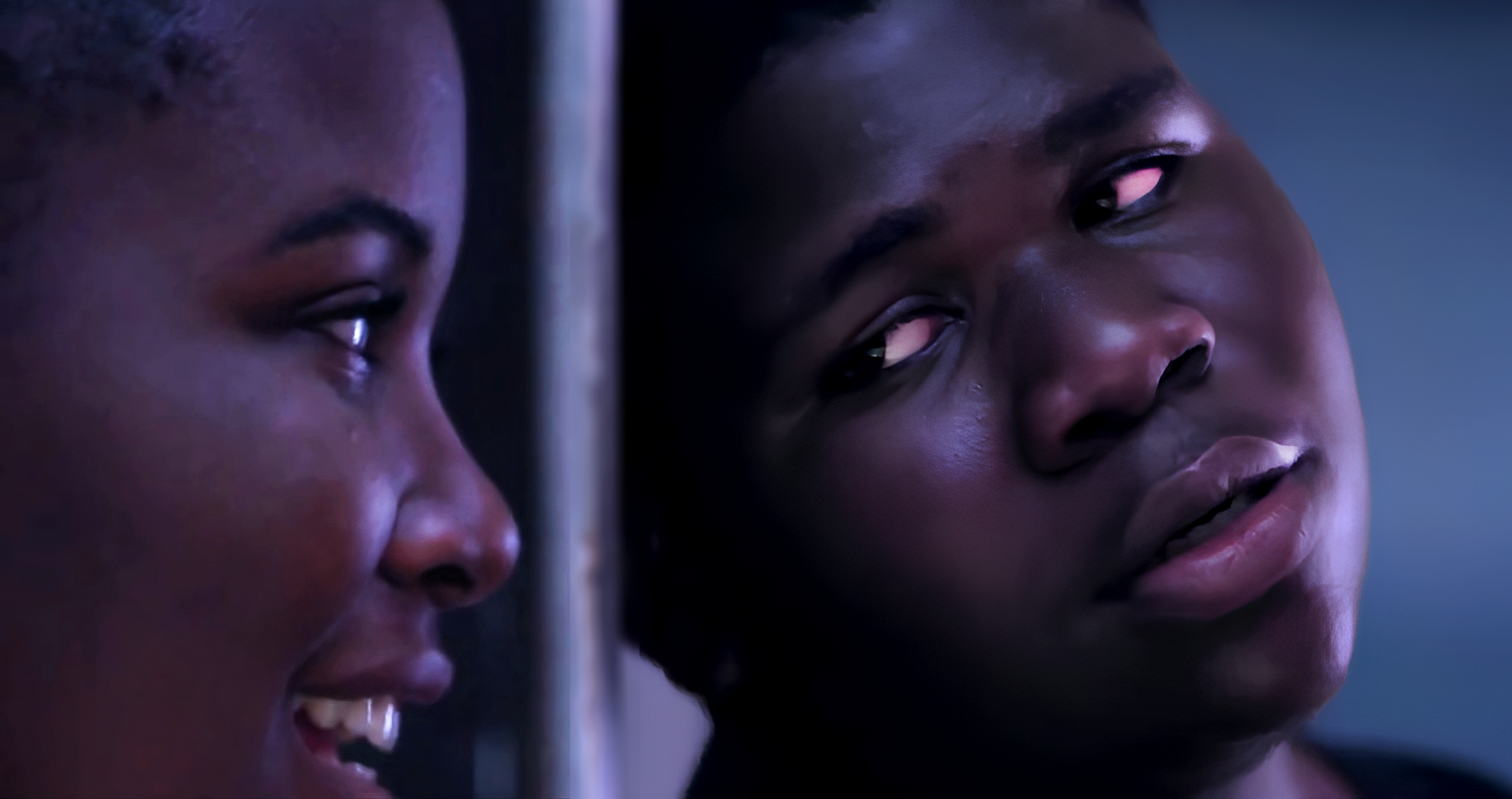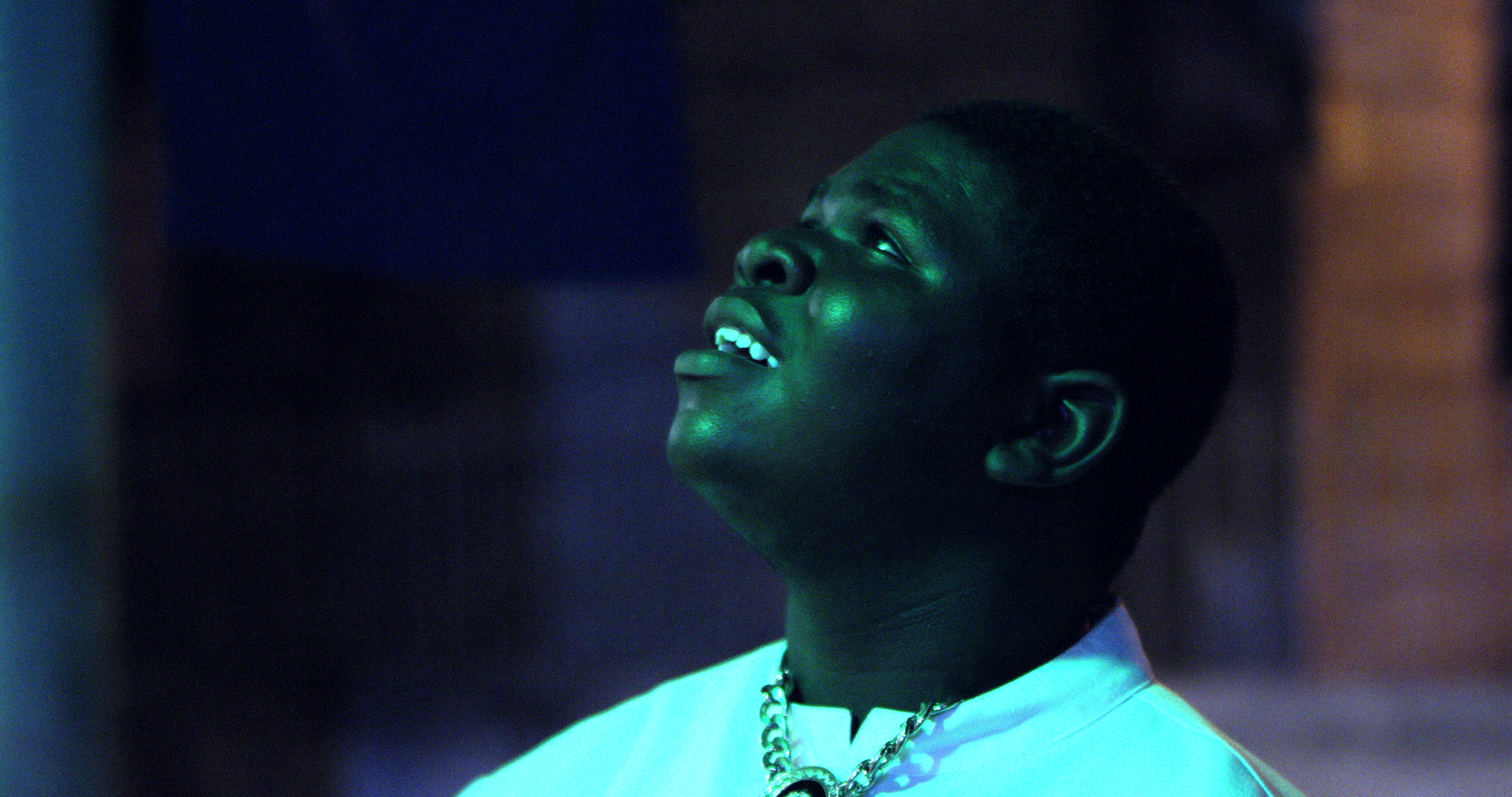Romeo n Juliet 4EVA: A Window into the Cinematic History of Jamaica
By Holly Styles
29 May 2024
The name Paul Bucknor may ring a bell, with his work as a producer on the seminal comedy, The Full Monty (1997) establishing him in the industry. His latest film, a Jamaican adaptation called Romeo n Juliet 4EVA (2021) is due to be released theatrically in the UK in May of 2024. Before delving into this new retelling of a story we all know and love, lets take a look at some Jamaican films that shaped the industry, starting with the release of Perry Henzell’s.
Leading up to the release of this groundbreaking film, Jamaica was a popular filming location, with Hollywood films being made on the island from as early as the 1910s. A key example is the film Dr. No (1962) from the James Bond franchise. It’s not surprising that, although the island was a popular filming destination, such films did not reflect Jamaican culture, with Dr. No portraying the island as an exoticized paradise. However, in 1972 filmmaker Perry Henzell released a film called The Harder They Come which debuted at Venice Film Festival, followed by theatres in Cork, Brixton, and of course Kingston, Jamaica. The film follows a character called Ivanhoe Martin, played by Jimmy Cliff, a wannabe musician who falls into a life of crime in the Ganja trade. Jimmy Cliff was a musician before acting in this film, which comes as no surprise when you watch the film and have the iconic title track in your head for the weeks following. The reggae soundtrack of the film was so significant because, as the film’s publicist Barbara Blake Hannah stated, this genre of music had not been heard by the world before, as Bob Marley was not yet a global star.
The Harder They Come is now hailed as the first feature film to be released out of Jamaica that actually reflected the experience of Jamaican people. This is why, when the film did get a theatrical release in Kingston, there are stories of traffic coming to a stop and queues stretched around the cinema, as everyone was desperate to see it. This film was also the first to be made after Jamaican independence from colonial Britain on 6th August 1962, and has since been re-released in 2022 for its 50-year anniversary, as part of the BFI Southbank’s ‘From Jamaica to the World’ season, which explored reggae’s relationship to cinema.
It is clear when watching films like The Harder They Come that in Jamaican cinema, soundtrack and film are inseparable, as Sabrina Ceccato explored in their work on Jamaican Cinema at the University of Venice. Ceccato argues that in the Jamaican film industry, ‘a movie is made for the soundtrack and a soundtrack made for the movie.’ In The Harder They Come it is clear that the music is not just placed randomly, it is crucial to the film and has real meaning for the characters, with the song ‘You Can Get If You Really Want’ by Jimmy Cliff, reflecting the desire of his character Ivanhoe, as he tries to break into the music industry.
‘Jamaican cinema refuses (and is refused by) Hollywood and mainstream cinema in general. It faces themes which are unknown to mainstream cinema, in that it tells the stories of Jamaicans as they are in their country, without the prejudices associated to them in the United States (especially). Moreover, it places Jamaican characters in their context, in storylines that are suited to them, in situations they are likely to encounter in their daily lives. In doing this, it allows the Jamaican audience to identify with the characters, and thus to feel truly represented in the films’ (Sabrina Ceccato).
Following The Harder They Come were films like Rockers (1978) and Dancehall Queen (1997) to name only a few. Written and directed by Ted Bafaloukos, the film Rockers (1978) takes influence from The Harder They Come in its use of Reggae music to shape the narrative of its protagonist, Horsemouth (played by Leroy Wallace), who, after failing to set up a business selling records, gathers his friends to plot against gang members who have stolen his motorbike. Then there were films like Don Lett’s Dancehall Queen in 1997, which continued to integrate both music and dance into a narrative set in Kingston Jamaica and follows a single mother as she disguises herself for a dance competition and overcomes the many pressures that face her in a patriarchal society.
In 1984, the Jamaican Film Commission was established which has serviced over 3,000 film projects from feature films to documentaries, resulting in 150 films being shot in Jamaica annually. It is clear that the work of the creative teams behind films such as The Harder They Come and Rockers, enabled the growth and support of films within Jamaica and provided a foundation for a burgeoning industry.
Today, it is films like Paul Bucknor’s Romeo n Juliet 4EVA that are continuing this legacy of Jamaican cinema. Romeo N Juliet 4EVA combines Shakespeare’s universal love story with the reality of life in Kingston, reminding us that with every adaptation of Shakespeare, his cultural authority is not only renewed, but reinvented. The film is set in a high school in Kingston and follows the character of Dean, in which he envisions himself as the Romeo to his classmate Erika, who becomes Juliet in his fantasy. This story of young love is reinvented and placed within this history of Jamaican cinema, with the sound design by Jon J Williams, Jovani Williams, and Paul Bucknor encapsulating the emotions of the characters, especially Dean and his desire for escape. With its fusion of gentle flute and string arrangements and upbeat dance music, the film combines tradition with reinvention; the music associated with Shakespeare and the music of Jamaica.
Such regional and local adaptations of Shakespeare are so important today, as we reflect on 401 years since the first folio of his plays were released. Yet, sixty years after Jamaica’s independence from colonial Britain, it is adaptations such as Romeo n Juliet 4EVA which open the field of Shakespeare studies to the importance of regional retellings and opens doors to cinematic histories that are not discussed enough.
Romeo n Juliet 4EVA is in cinemas from the 13th of June 2024. You can find The Harder They Come (1972) on BFI Player and Rockers and Dancehall Queen are available to watch on YouTube.
If you are interested in exploring the topics discussed further, please see:
Ella Shobat and Robert Stam’s book called Unthinking Eurocentrism: Multiculturalism and the Media from 2014.
Ian Thomson’s account of the BFI’s season on Jamaican cinema – Street to Dancehall Cinema Screen: Reggae on Film – A season marking 60 years of Jamaican independence brings movies, music and personalities famous and forgotten to the BFI.
The podcast episode of Screenshot called The Harder They Come at 50 by Mark Kermode and Ellen E. Jones, from the 5th of August 2022.
With special thanks to the work of Sabrina Ceccato and their work at the University of Venice in which they explored Jamaican cinema in their PHD, titled Jamaican Culture through Jamaican Cinema.
Stay tuned for more information about our first release, Romeo n Juliet 4EVA.










